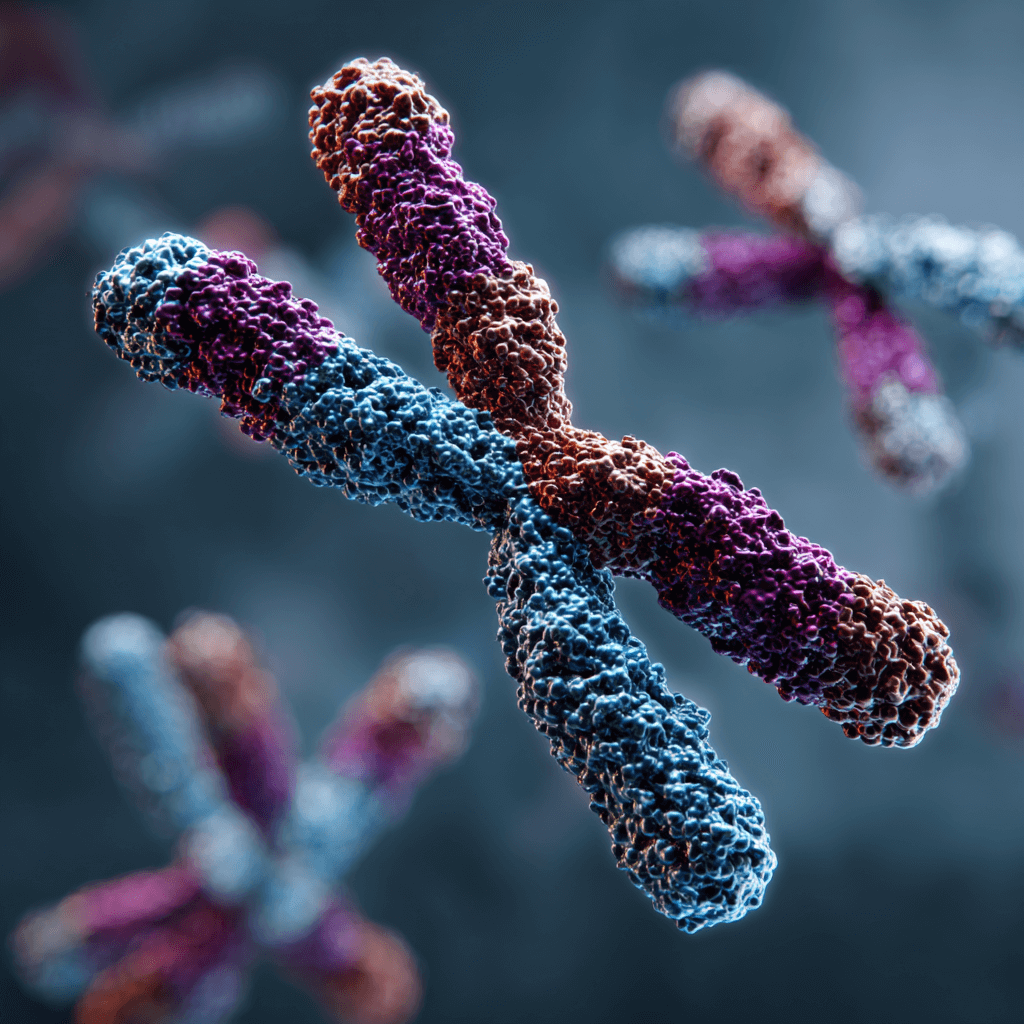What is Recurrent Pregnancy Loss?
Recurrent Pregnancy Loss is the loss of a pregnancy before the 20th week.
It is a relatively common event, occurring in about 10–20% of known pregnancies.
While it can be emotionally devastating, understanding the possible causes and seeking proper evaluation can help guide future pregnancies.
Common Causes of Recurrent Pregnancy Loss
Recurrent Pregnancy Loss can happen for many reasons, including:
- Chromosomal abnormalities – most common cause, often random.
- Uterine or cervical issues – such as fibroids, uterine septum, or cervical incompetence.
- Hormonal imbalances – like thyroid disorders or luteal phase defect.
- Immune system disorders – such as antiphospholipid syndrome.
- Infections – including certain bacterial or viral infections.
- Lifestyle factors – smoking, heavy alcohol use, drug use, obesity, or severe stress.
- Endometriosis – pelvic inflammation and uterine environment changes can interfere with implantation and pregnancy continuation.
- Male infertility factors – including abnormal sperm DNA fragmentation, poor sperm morphology, or other male genetic factors that contribute to embryo development failure.



Evaluation After Recurrent Pregnancy Loss
If you have experienced two or more consecutive Recurrent Pregnancy Loss, a comprehensive evaluation is recommended.
Our diagnostic steps may include:
- Medical history and physical examination
- Blood tests – to check hormones, immune factors, and clotting function
- Ultrasound – to assess uterine structure and lining
- Hysteroscopy – to directly view the inside of the uterus
- Genetic testing – of both partners and/or fetal tissue if available
Personalized Care Plan
Once the cause (or potential cause) is identified, we create a personalized plan that may include:
- Corrective surgery for uterine abnormalities
- Hormonal support in early pregnancy
- Blood thinners for clotting disorders
- Lifestyle and nutritional guidance
- Close monitoring in early pregnancy
Emotional Support
Recurrent Pregnancy Loss is not just a physical experience—it’s also deeply emotional.
We provide access to counseling, support groups, and compassionate care to help you through your recovery, both physically and emotionally.